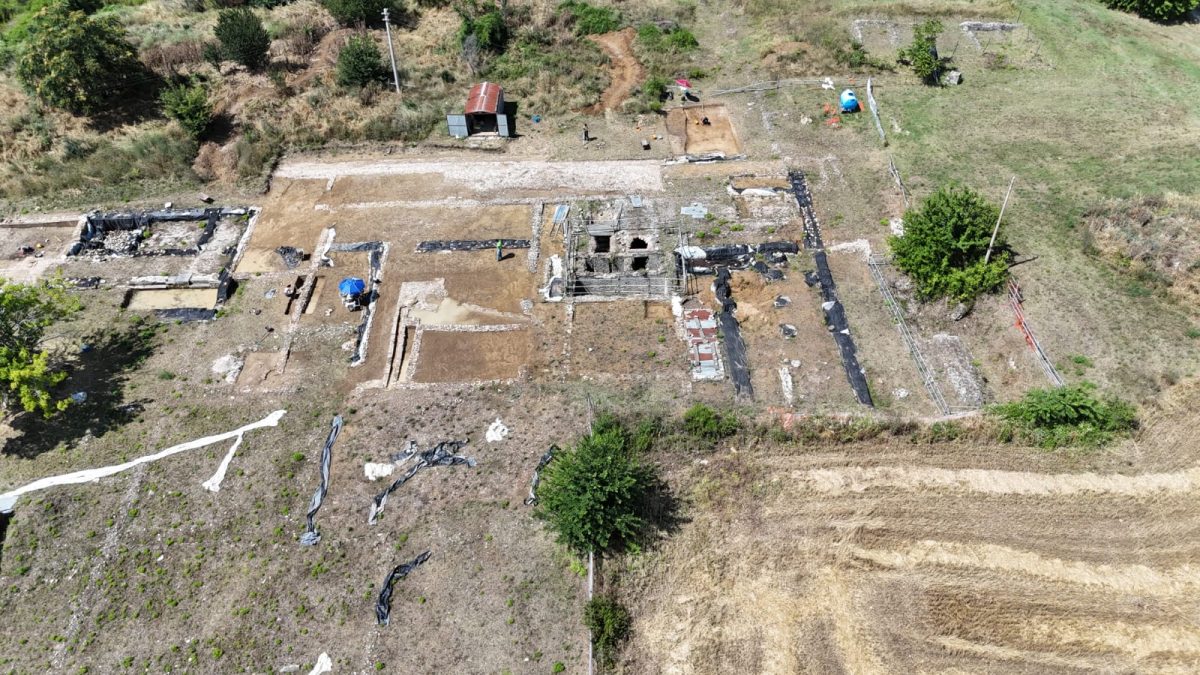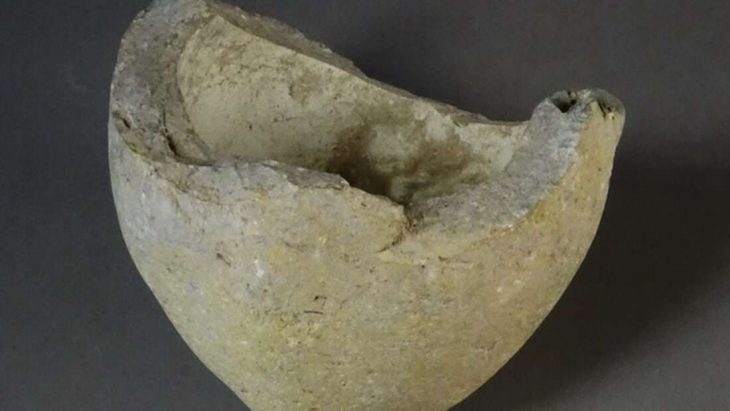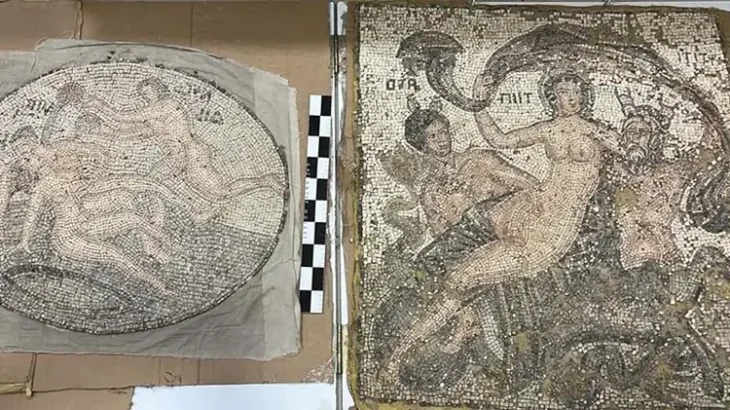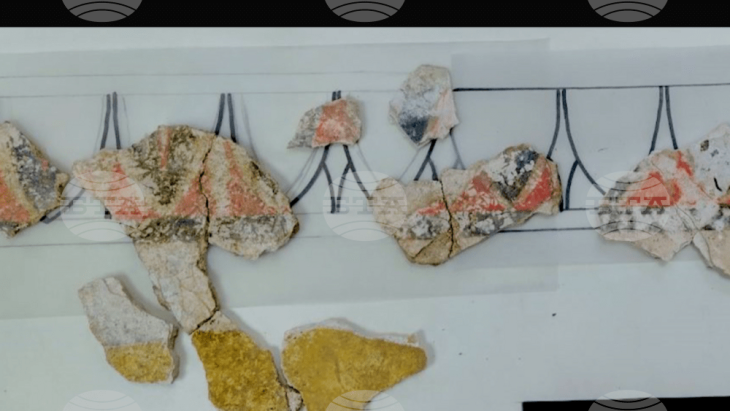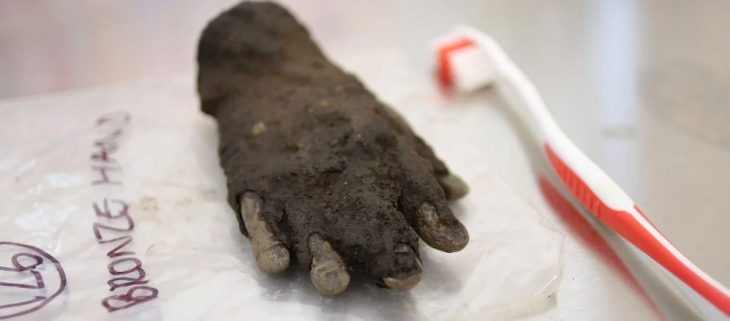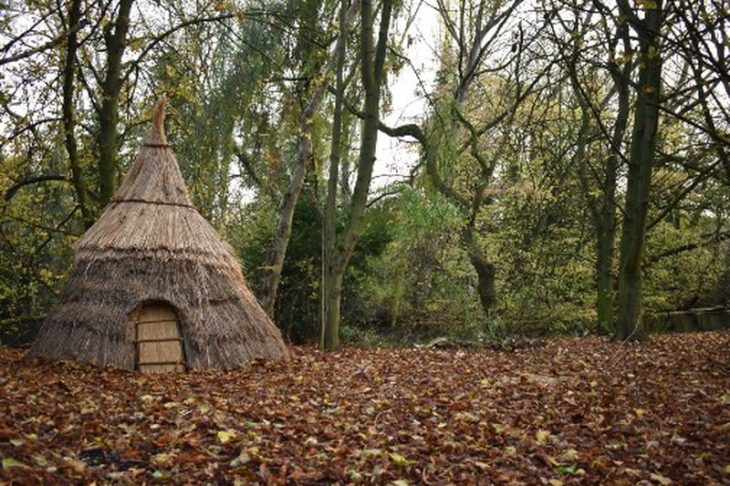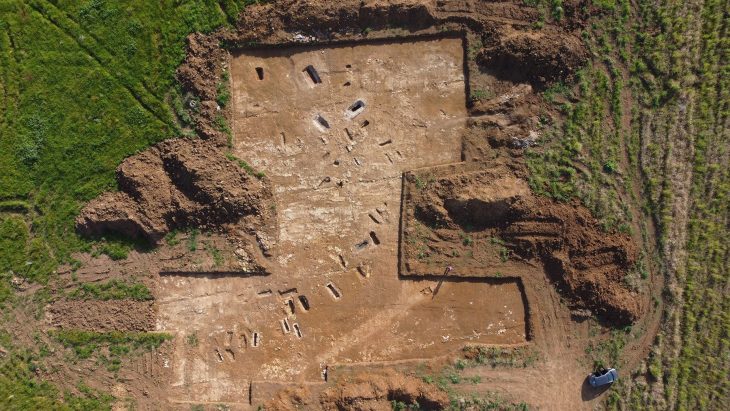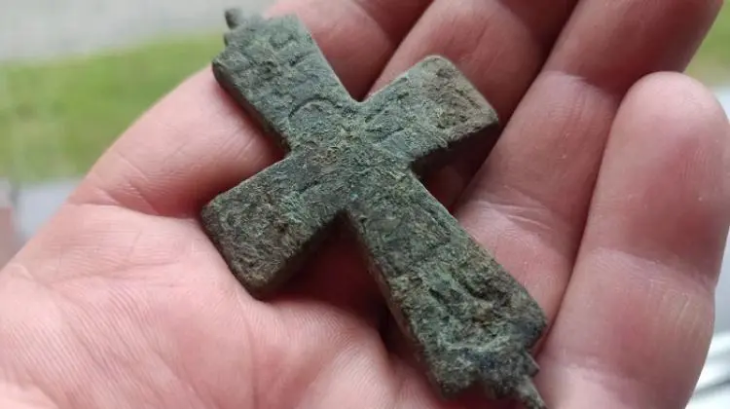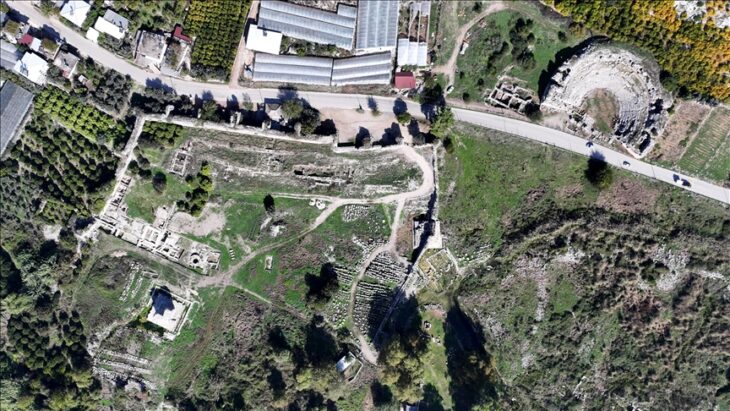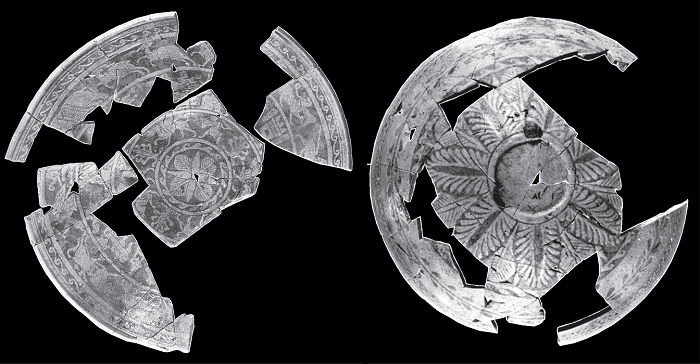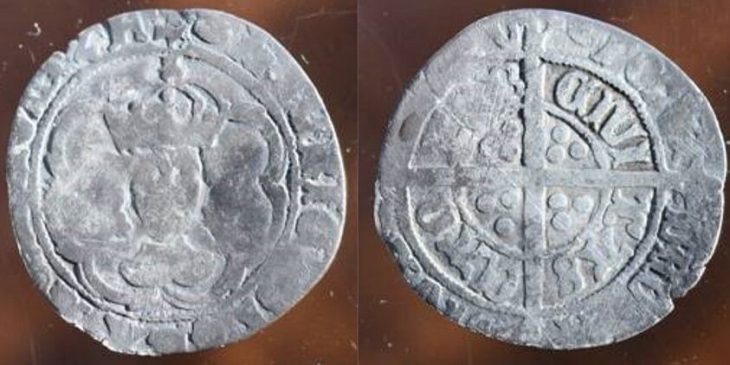Archaeologists from the University of Macerata have discovered the only brewery from the Roman era found to date on the peninsula, famous for its winemaking tradition, in the region of Macerata, in central Italy.
This is how the University of Macerata’s 30th excavation campaign at Urbs Salvia and Villamagna came to a successful conclusion.
Archaeologists discovered the mentioned brewery and a Roman villa with striking monumental structures in Villamagna. This unexpected finding may have its origins in the region’s ancient Gallic culture since the Celtic tribes were well-known for their beer-drinking before they came to Italy.
In the 4th century B.C., the Senon Gauls, a Celtic population from the French province, had occupied several areas in the Marche region, including the province of Macerata. This population significantly influenced the history and culture of the region. The owners of the villa probably followed in the footsteps of an ancient regional tradition.
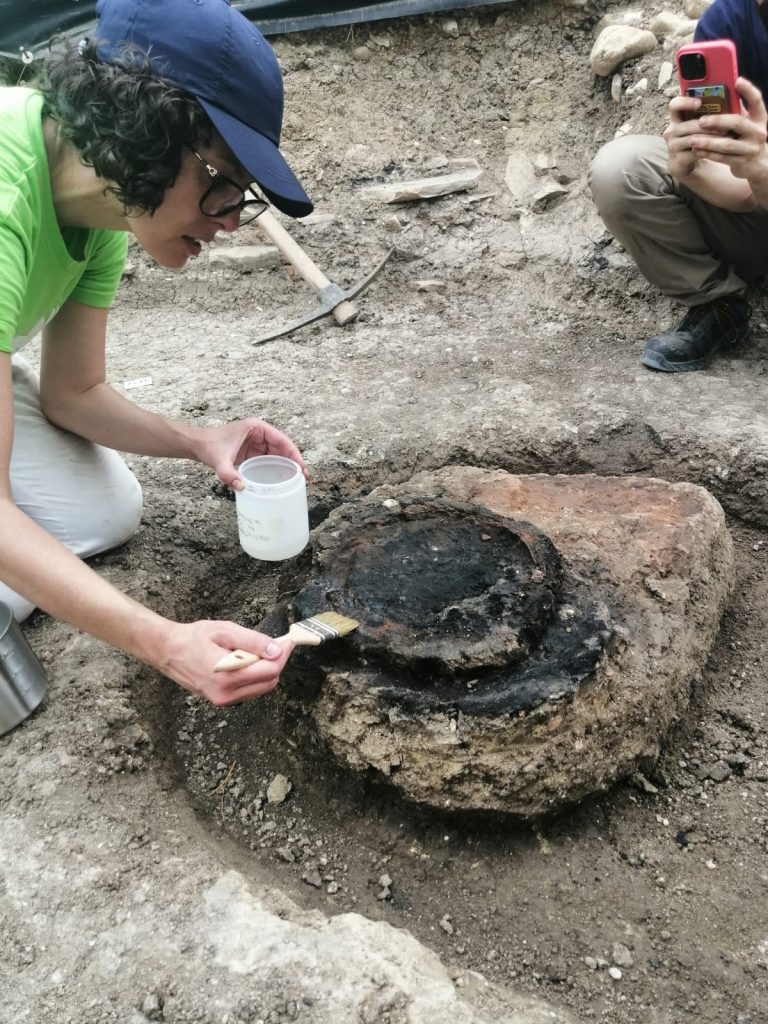
The excavation at Urbs Salvia, which is located in the municipal territory of Urbisaglia, has uncovered remarkable artifacts in the area of the cryptoporticus and the Roman colony’s forum. The University has announced the finding of Republican-era metal forges and pottery-making kilns, which throws new light on the Romanization of the Piceno.
📣 Our WhatsApp channel is now LIVE! Stay up-to-date with the latest news and updates, just click here to follow us on WhatsApp and never miss a thing!!
With these discoveries, the Regional Directorate of Museums of the Marche plans to enhance the public’s experience by expanding the area that is open to the public.
The site of Urbs Salvia, the modern Urbisaglia, colonia romana of the 2nd century BC, is located along the via Salaria Gallica, which connected Ausculum and the via Salaria with the via Flaminia, along the Adriatic coast. First called Pollentia and re-baptized Urbs Salvia at the time of Augustus, the town has been intensively explored since 1995.
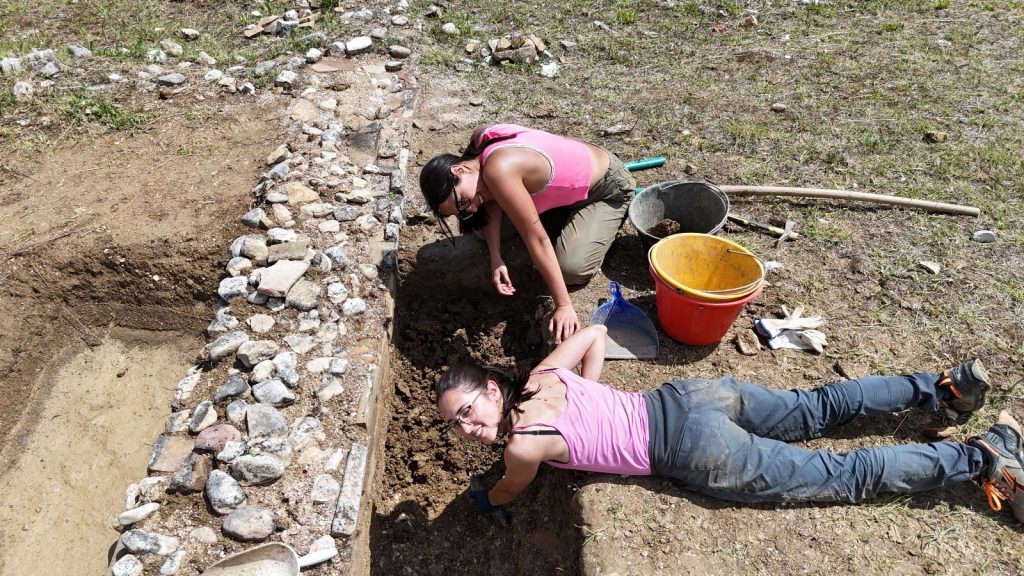
The archaeological excavations brought to light a major complex comprising a Cryptoporticus-temple, dedicated to the Salus Augusta. The nearby Amphitheatre, Theatre, ancient fortifications, and the sub-urban villa of Villa Magna, the focus of recent digs, have been included in the Archaeological Park of Urbs Salvia founded in 1994.
Today, visitors can see well-preserved monuments like the Theater, which can hold 3,000 people, and the Temple, which is devoted to Salus, the goddess of health.
Cover Photo: University of Macerata

